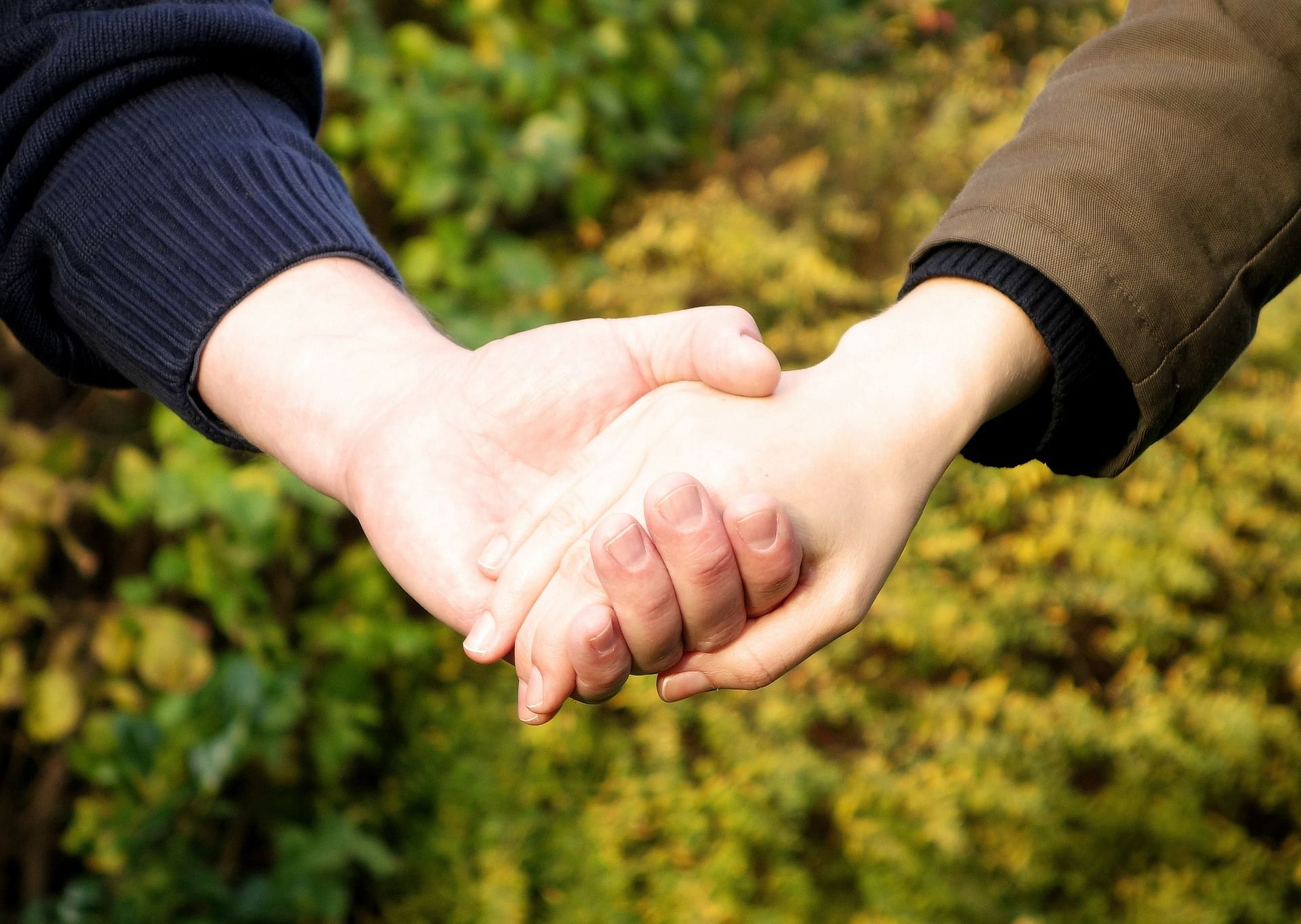
"Would someone like me?” that was the question 21-year-old David Bloch, who was autistic, asked his mother, Kerry, in a first-ever spontaneous conversation, having been “isolated” for having an immuno-deficiency condition on top of his disability.
Quite naturally, the question shattered the mother, the boy’s full-time caregiver at their Neptune Beach, Florida home. David’s question went viral thanks to Kerry’s tweet which said, “my 21-year-old autistic son has no communication skills. Today he asked me his first question ever. It was, “would someone like me?”
The tweet resulted in an explosion of response, getting support equally from laypeople and caregivers. It was ironic that a person with severe communication issue actually voiced something most people with disability want to ask, but find no opportunity to voice it.
Let’s face it, disability evokes softer feelings in people. That’s why you hear many say “touched” or “inspired” on meeting a person with disability. Confronting a challenging condition or situation puts them in touch with their own, thankfully hidden, vulnerable self.
So, ‘like’ or ‘love’ aren’t the kind of words a person with disability hears from able-bodied folks. Many feel that people could at best ‘admire’ them. Ask any person with a disability and you’ll instantly know that they understand being admired and won’t necessarily relate to the idea of being liked by someone beyond their family.
Having crossed adolescence into adulthood in the looming shadow of a disability, I could relate to the pain of wanting to know if someone would like me. Most of us are fortunate to have friends who make our lives more lively and meaningful. Personally, I continue to enjoy great bonding with my friends whom I picked up from college.
If a person with disability, especially a young adult, wins acceptability among the mainstream society, it’s only natural to aspire for the next best thing—to find a loving relationship that turns into a companionship. And why not? Every Indian film dangles the possibility. A disabled youngster finding love is a theme that resonates with film-goers, especially those who enjoy emotionally charged content. While people with disability (specifically those in their early adulthood) have much of the same emotional needs like the rest of the society, they don’t often find a platform to discuss subjects like romance for the fear of negative characterization.
My discussions with individuals with disability, specifically those with blindness, have often revealed that they’re chastised for speaking openly about their emotional needs. There’s a general notion that they’d be jeopardizing their role model status by talking openly about their need for loving companionships. It seems like a unique Indian trait to consider love negative, particularly in the context of disability.
Kerry, in an interview to Buzzfeed News, has hoped for someone with a big heart to accept her son. She also wants to remind people that the internet is a place for good. While people with disability have broken national barriers to forge friendships, it still remains to be seen if they’d also cross the disability barrier to forge stronger bonds with pretty much anyone they like.